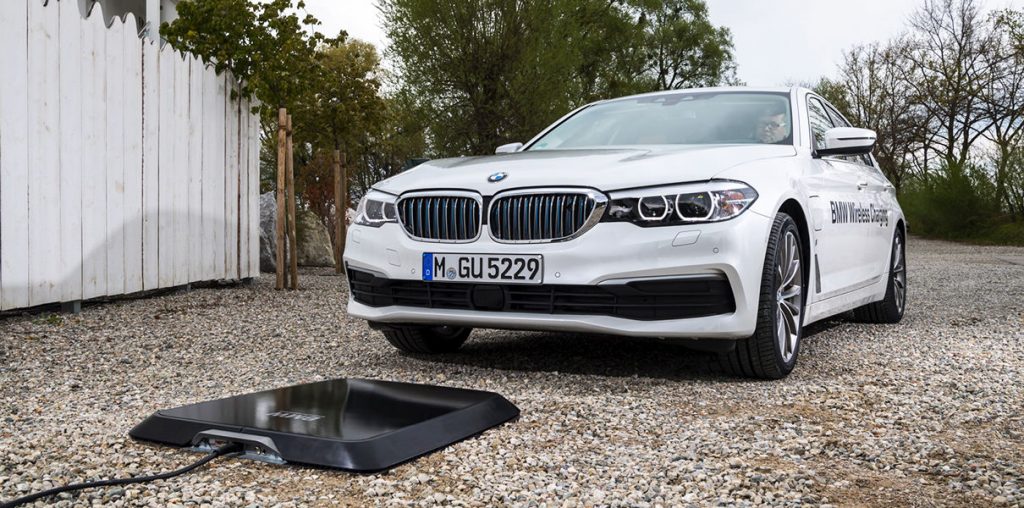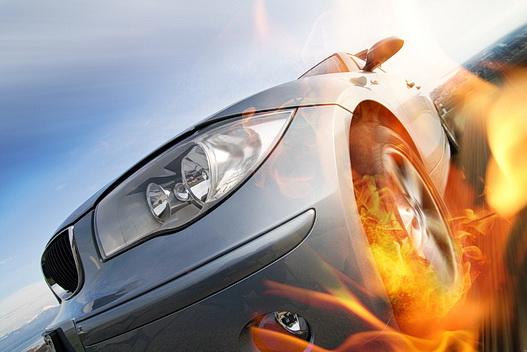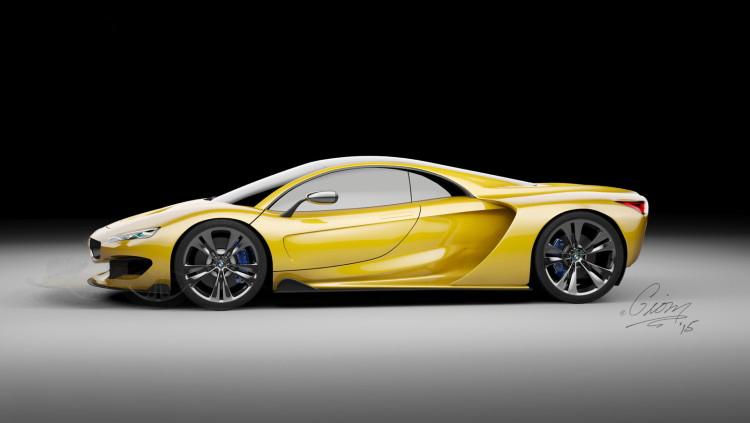Cables are becoming increasingly outdated. We are getting used to wireless phone charging, and soon cars will be able to charge in a similar way. Initially, it will be BMW cars. Charging stations for electric vehicles are becoming a common sight in city centers or shopping mall parking lots. Simply put... they will soon be obsolete. All thanks to the wireless technology that BMW is currently working on.
When will wireless charging stations for electric vehicles be released
The first car to be charged in this way will be the BMW 530e iPerformance. It is still unknown whether other hybrids will be connected to it or, primarily, the electric i3. Probably yes, as technology advances.
Wireless charging stations will be available in Europe and currently in California. Drivers from the rest of the world, including other states in the US, will have to wait. Interestingly, such a charging station cannot simply be purchased.

The offer will only be addressed to people who lease their BMW 530e.
Also, read other interesting reviews on BMW.
Wireless charging stations for electric vehicles can be rented for an additional monthly fee by those who lease such a car.
How does it work? The charging device takes the form of a special mat. You can place it on the garage floor and connect it to a regular household outlet. When we return from work, simply park the car in the right spot, ensuring the mat is underneath. The front camera will help accurately measure where to stop. The charging process begins, and all that's left for us is to lock the car and relax after work.
You can watch all the stages of the process in the following video:
The charging mat must be equipped with a motion sensor that will detect, for example, a dog or cat trying to tamper with it, and will turn off the charging device to protect the pet.
Drawbacks of electric vehicle charging
It takes 3.5 hours to fully charge the 530e battery. It is worth noting that this is for a model that is not an electric car but only a plug-in hybrid. Its battery is small, only 9.2 kWh. Charging from a cable will be 15% faster.
However, it is known that this technology is only at the beginning of its journey. And undoubtedly, it will be improved. All this seems reasonable if they manage to configure this type of charging device to be faster than traditional ones, they will surely gain more popularity. Cities will only get better without the «eyesore» of cables. And in my imagination, I already see roads made up of such mats, charging cars driving on them.





